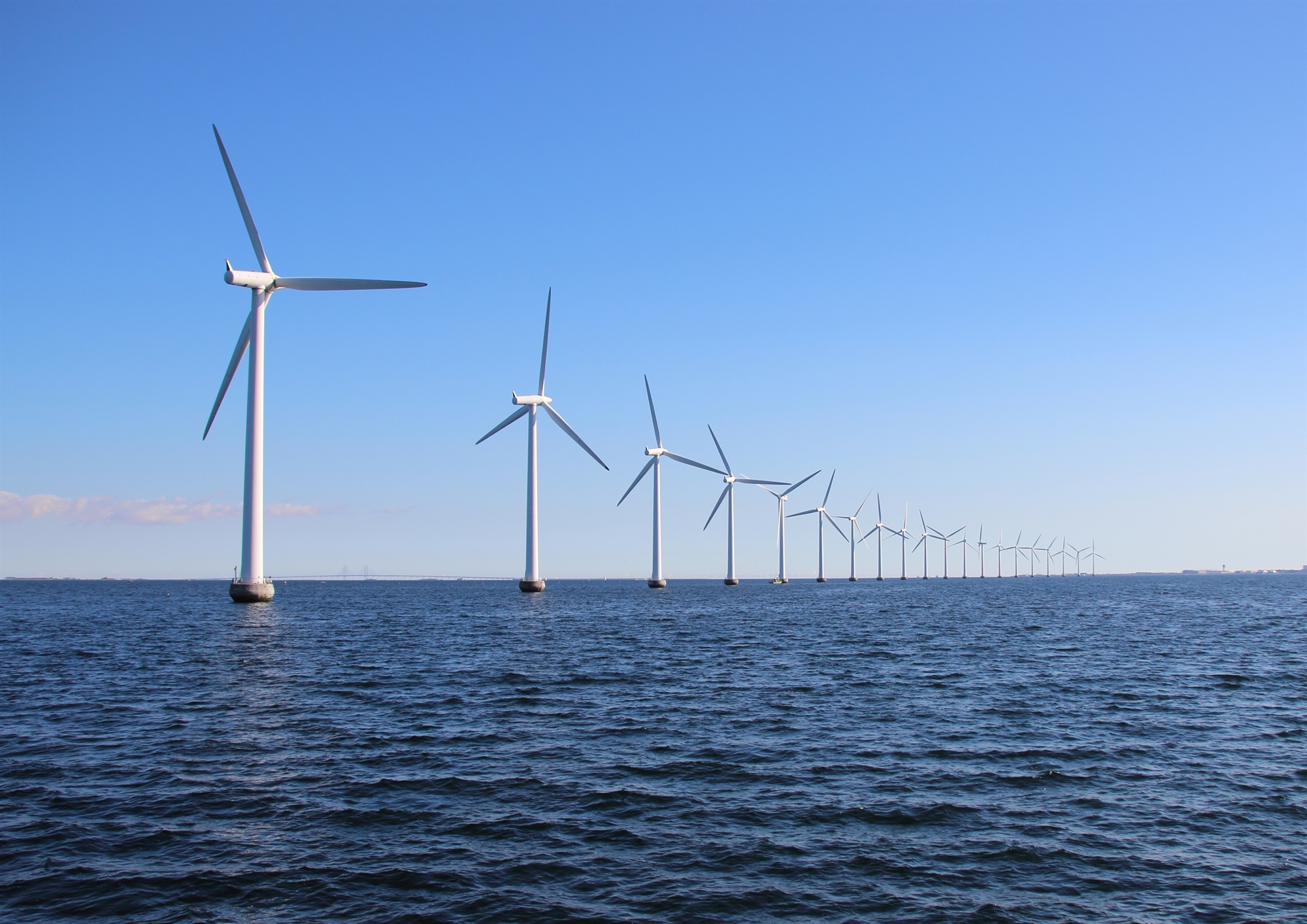At the same time, the Hellenic Management Company for Hydrocarbons and Energy Resources (EDEYEP) has completed the surveys of the Greek seas, in cooperation with all the agencies involved (such as the Ministries of Defence, Foreign Affairs and Tourism).
Therefore, those sea zones where their wind potential can be utilized with a time horizon of the middle of the century have been finalized, in compliance with the limitations set by environmental legislation as well as reasons of national security, but also without conflict with any other activity (p .eg fishing, coastal shipping, tourism).
The majority of the projects that will be developed in the Greek seas will be floating offshore wind farms and this is pending to the depth of the Greek seas, with few exceptions, which does not seem to be suitable for fixed-site projects.
Since floating wind technology has not yet matured internationally, having only recently entered the industrialization stage and therefore the projects are high cost, the Ministry of Foreign Affairs is considering the promotion of some projects as pilots and investigating their financing from the Decarbonization Fund of the non-interconnected islands which makes it possible to subsidize energy transition projects. The competent staff of the Ministry of Foreign Affairs, in collaboration with the EDEFEP, is currently investigating the areas that meet the specifications of the subsidies from the specific Fund.
However, the final decisions will be made after evaluating the cost factor, in the sense of the impact on electricity tariffs for residential consumers and businesses.















